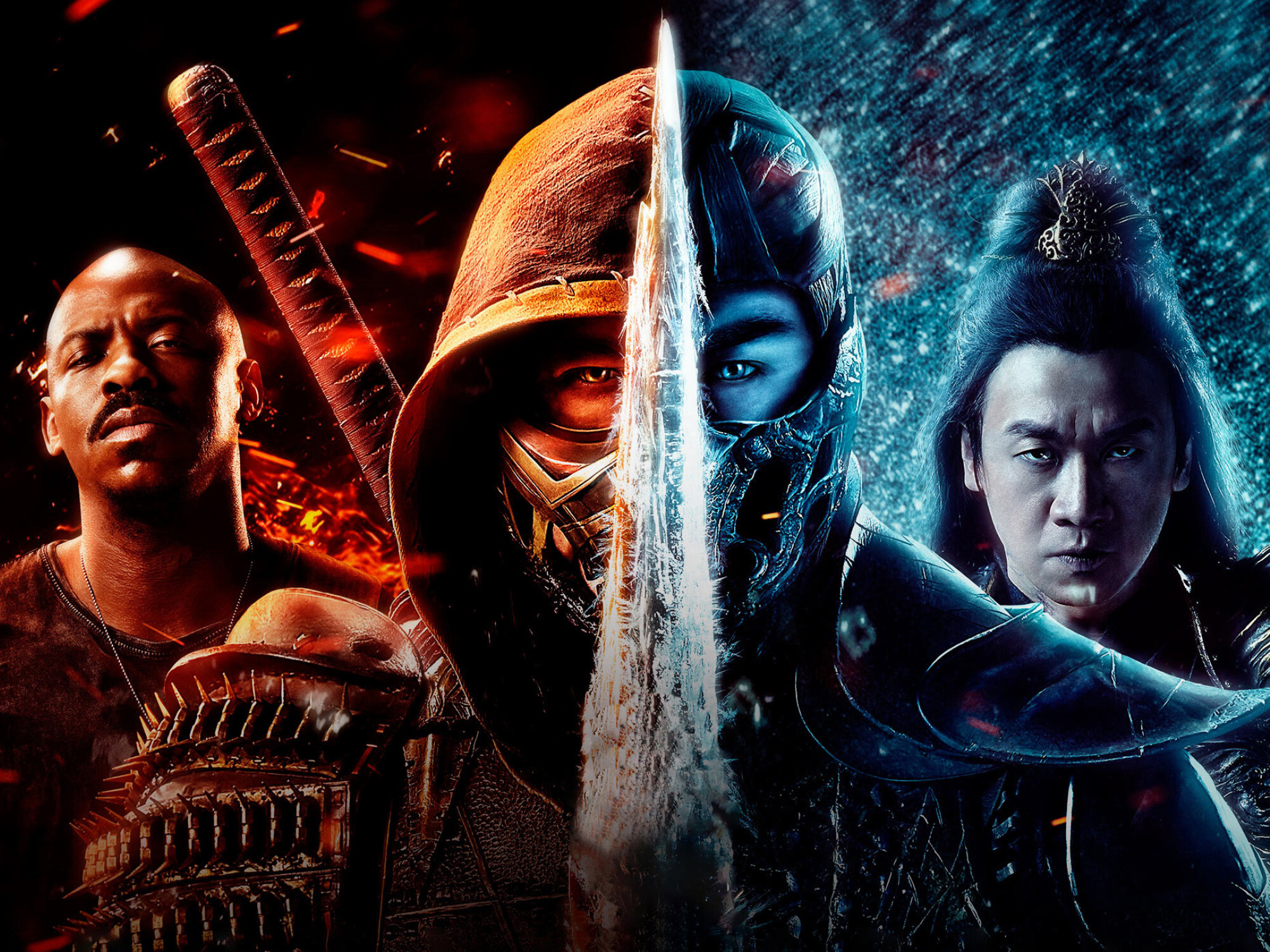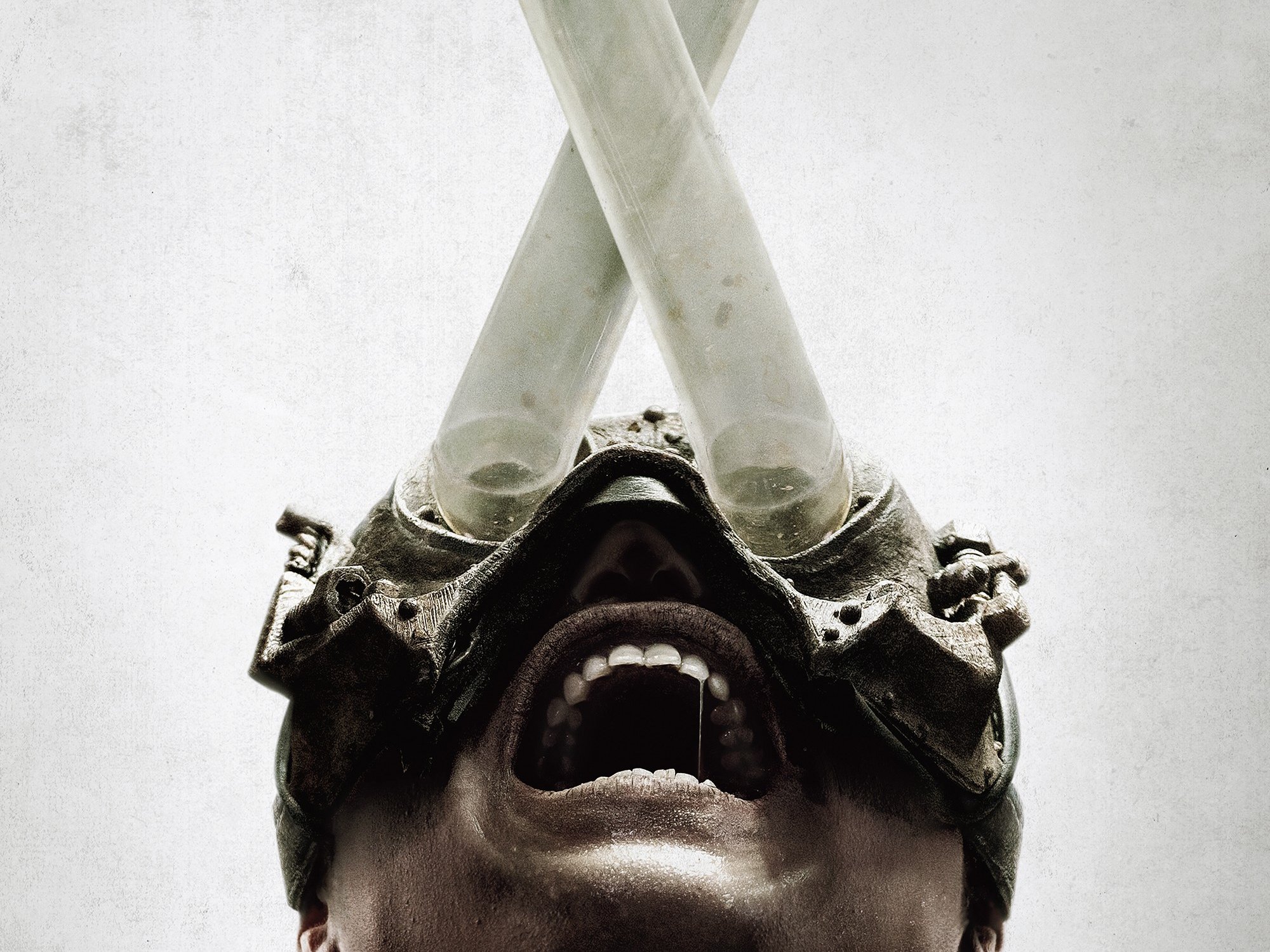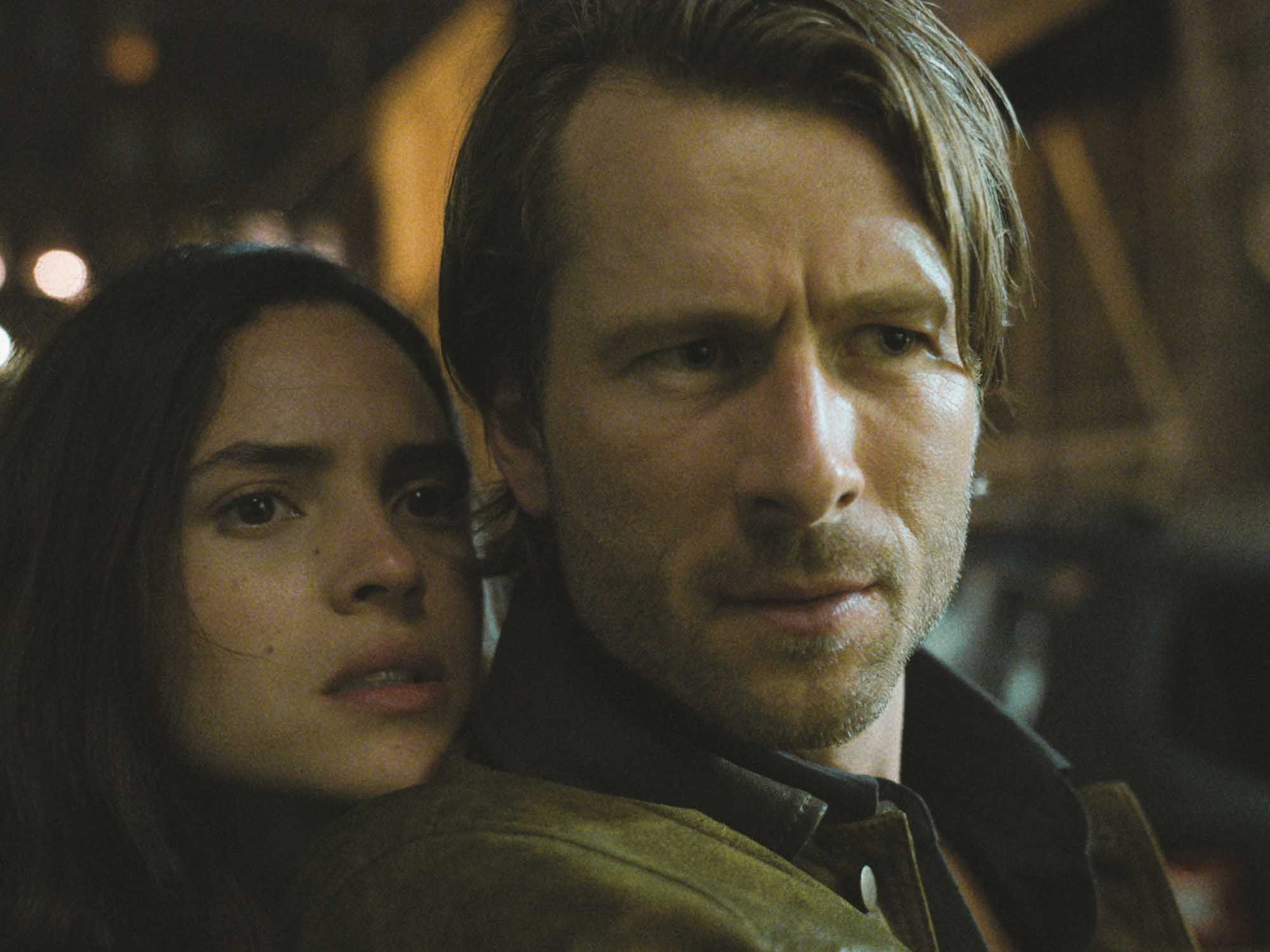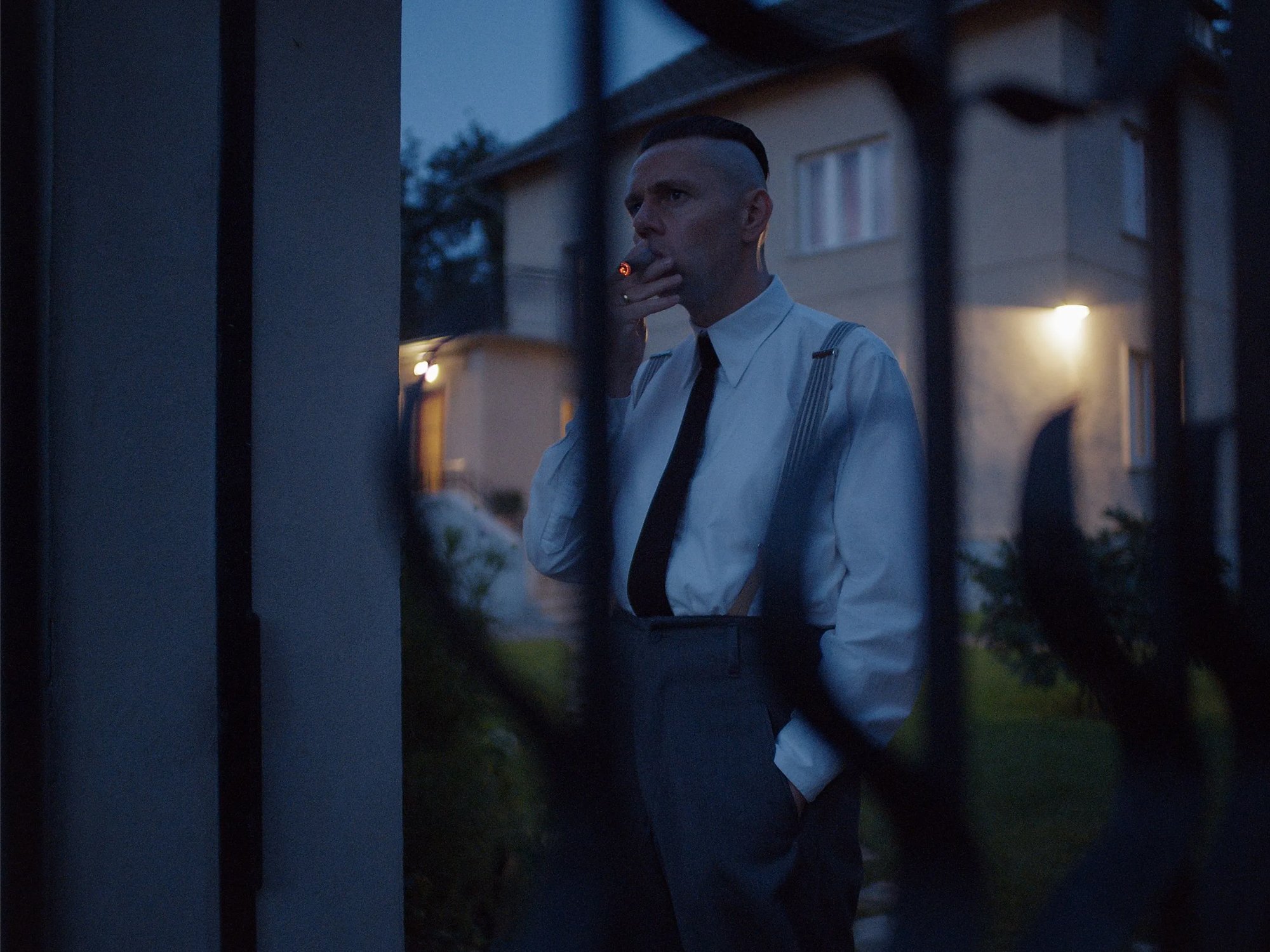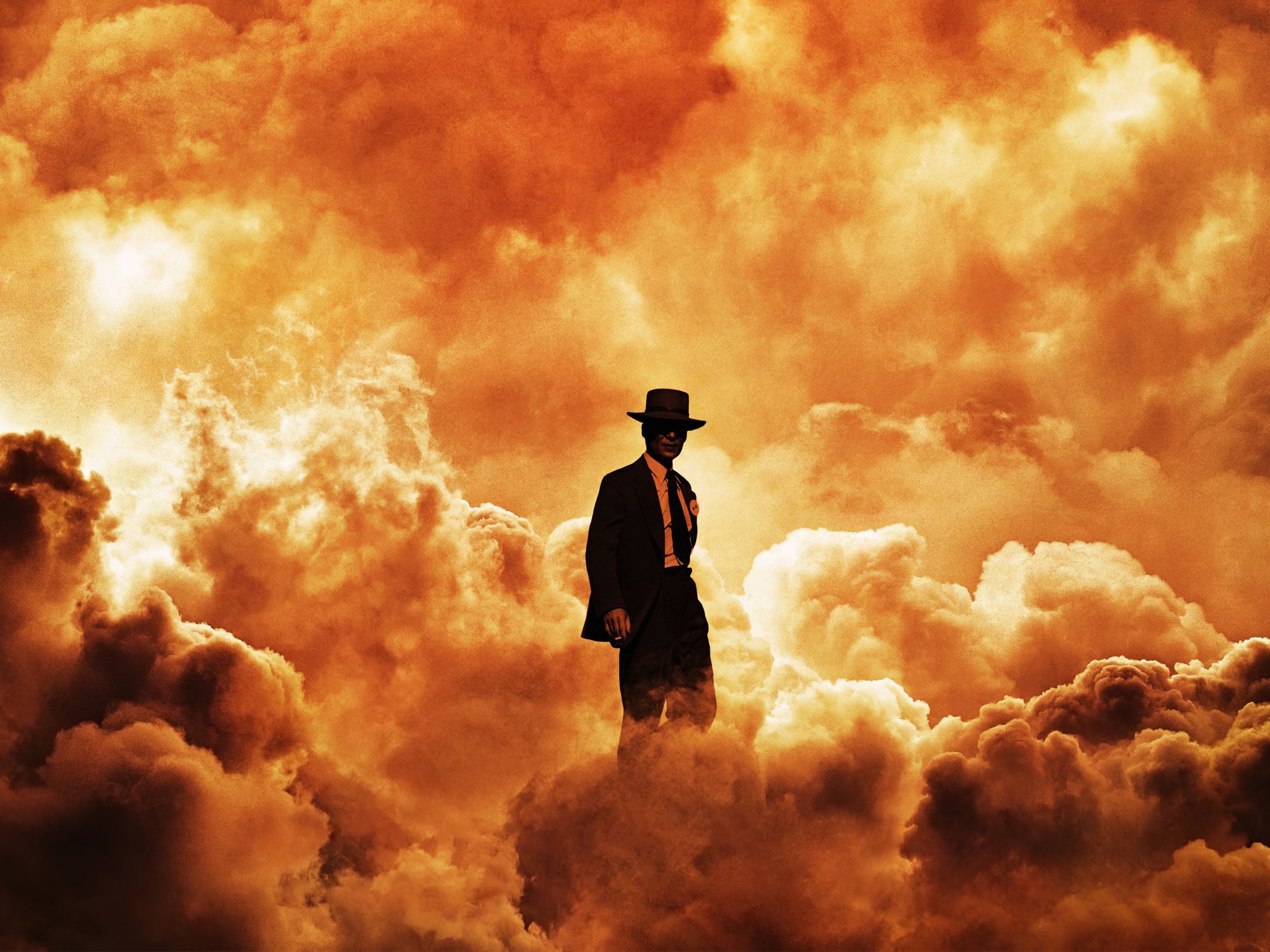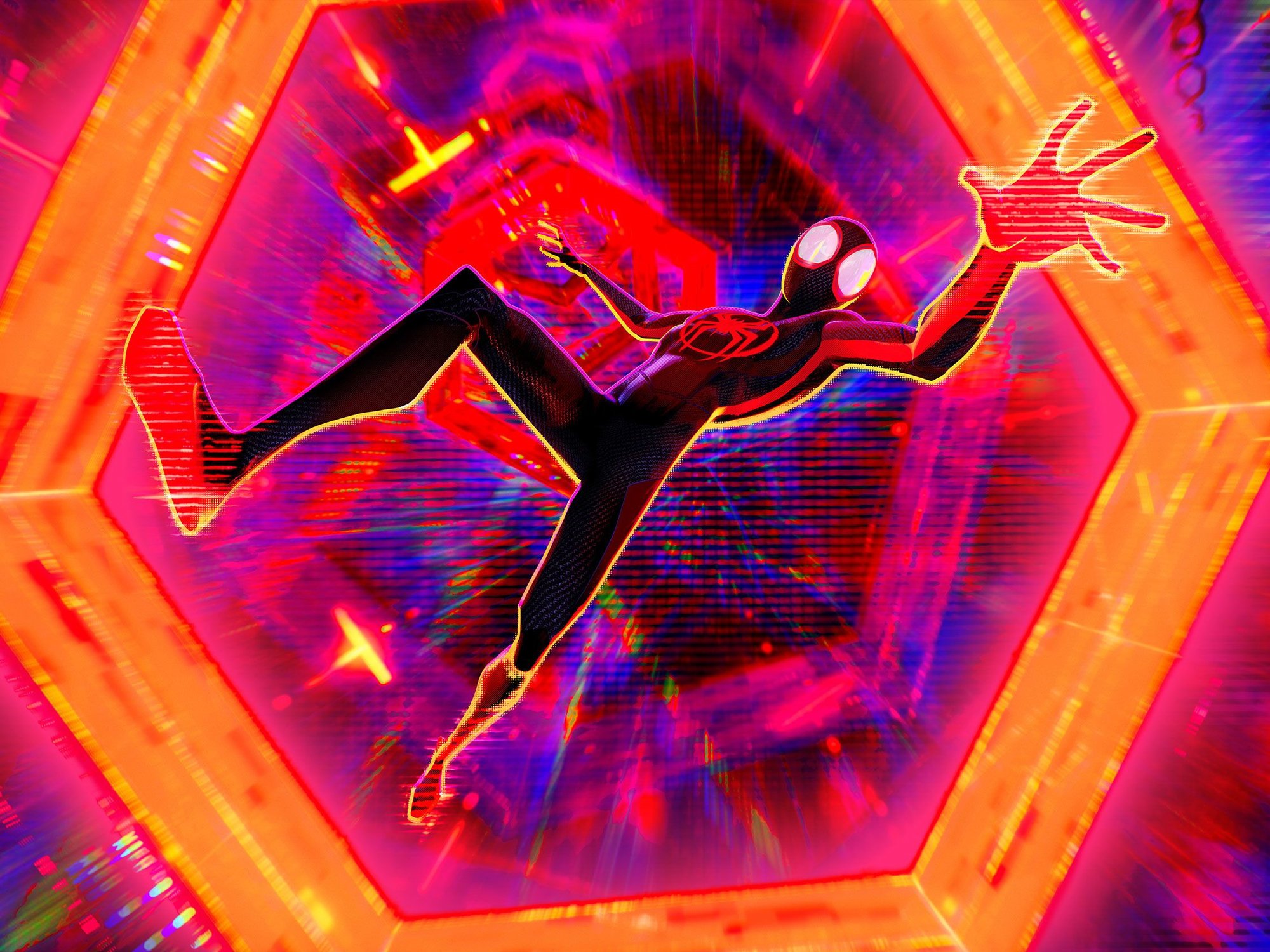Film Review: Mortal Kombat
Mortal Kombat is barely toasty
Mortal Kombat seemingly wastes no time giving us what we want. Simon McQuoid’s directorial debut, which adapts the immensely violent and popular video game franchise into a rebooted universe, shaves the fluff and cuts straight to the bone, but with its flimsy storytelling, paper-thin characters, and sloppy pacing, this new iteration loses its way quickly. Too self-serious and without Paul W.S. Anderson’s cheeky irreverence and cult sensibilities, Mortal Kombat is as empty as most video game adaptations; even its primary selling point - its mindless, sanguine action - is mostly a disappointment. Minor spoilers ahead…
In 1995, Paul W.S. Anderson’s Mortal Kombat graced the silver screen as one of the first video game adaptations. It wasn’t a good movie, per se, but unlike its much-maligned contemporaries - Super Mario Bros. and Double Dragon - it established itself as a camp favorite, hanging onto a pair of rose-colored lenses that persist to this day. Sloppy, choppy, and dumb as a sack of rocks, 1995’s Mortal Kombat was base cinema, but its charms lay in its janky imperfections, hammed-up performances, and insistence on fun. From Cary-Hiroyuki Tagawa bellowing “Your soul is mine!” (a line reading so iconic that it would be incorporated into later games) to a charming, animatronic Goro, the film relished in its ability to not take itself too seriously.
Flash-forward 25 years and more than a decade in production limbo, the gore-filled franchise is finding rebooted life in Simon McQuoid’s directorial debut. And it’s mostly disappointing. I’m not above turn-your-brain-off entertainment, but Mortal Kombat’s very clear problems with its character work and pacing get in the way of its main-event action, which itself is so poorly edited at times that it’s hard to believe. Utterly confused about what it wants to be, the film is a mish-mash of shallow fan-service and self-seriousness that makes the quest to defend Earthrealm something it shouldn’t be: tedious and incomprehensible.
“This new Mortal Kombat has plenty of issues, but its framing device - the blood feud between fan-favorite ninjas Scorpion and Sub Zero - is largely excellent…”
The brutal, lawless Outworld is one tournament away from claiming victory over Earthrealm, having won nine out of ten tournaments known as “Mortal Kombat,” a series of deathmatches fought by “champions” that decide the fate of the losing realm. Outworld sorcerer Shang Tsung (Chin Han) - in an effort to thwart an ancient prophecy - dispatches his warriors to cull the remaining Earthrealm candidates before the final tournament. Mortal Kombat doesn’t take too many liberties with its source material, keeping much of its bare-bones story intact. The narrative primarily - and painfully - focuses on the underwritten Cole Young (Lewis Tan), a new character created solely for the film, as he grapples with his new destiny as champion. Dodging Shang Tsung’s mercenary ninja Sub Zero (Joe Taslim, relishing his villainous turn), Cole teams up with a roster of familiar faces to defeat the invading Outworld warriors: special forces members Sonya Blade (Jessica McNamee) and Jackson Briggs (Mehcad Brooks), Aussie merc Kano (Joshua Lawson, a comedic bright spot in the cast), and Shaolin monks Liu Kang (Ludi Lin) and Kung Lao (Max Huang).
This new Mortal Kombat has plenty of issues, but its framing device - the blood feud between fan-favorite ninjas Scorpion and Sub Zero - is largely excellent; Hiroyuki Sanada - as the fallen specter Hanzo Hasashi - and Joe Taslim are in another league entirely, selling their physicality in the film’s best action sequences. Taslim, in particular, sells his otherworldly menace as Shang Tsung’s thuggish heavy, using his unique ice powers in ways that will have the audience cheering. It’s an iconic pop culture rivalry, and Mortal Kombat does it justice. If only the rest of the narrative was as finely tuned and crafted: Cole Young is a flavorless cipher, and his place as shoehorned audience surrogate is misguided, saddling a charismatic Lewis Tan with almost all of the exposition and none of the character development. Cole’s mighty cohorts don’t fare much better: Iconic characters such as Sonya Blade and Liu Kang are relegated to devices and crutches, never getting the chance to do much other than show off a few coup de grâces pulled from the video games.
“Flash-forward 25 years and more than a decade in production limbo, [Mortal Kombat] is finding rebooted life in Simon McQuoid’s directorial debut. And it’s mostly disappointing.”
“But who cares about the characters or the plot? I just want to see the fights and the fatalities!” Well, I’m sorry to say that the action in Mortal Kombat is almost just as disappointing - flashes in the pan that quickly dissipate from your endorphin centers. Aside from the bookending Scorpion/Sub Zero confrontations, the choreography is muddled and oddly un-kinetic. Throw in some of the most egregious rapid-cut editing this side of Bohemian Rhapsody and you have one largely unimpressive action movie. And to make matters even worse, Mortal Kombat’s excruciatingly hobbled pacing gives rise to one of the most awkward third-act transitions in recent memory, as if the narrative finally became aware that it had spent way too much time spinning its wheels, only to resolve its climactic showdowns before the audience can even blink.
With over two decades of source material to pull from, Mortal Kombat had plenty of resources to craft satisfying action out of its larger-than-life characters - it’s a surprising shame that it wasn’t able to do so. In the battle between glistening production values and an upgraded R-rating versus Paul W.S. Anderson’s janky cult classic, who knew that 1995’s Mortal Kombat would still reign supreme?

